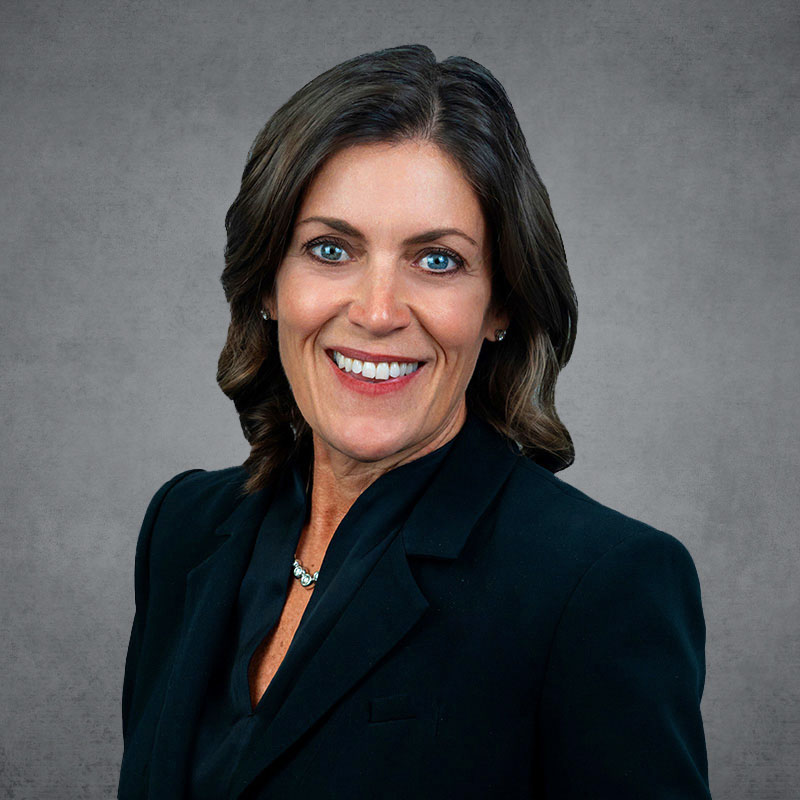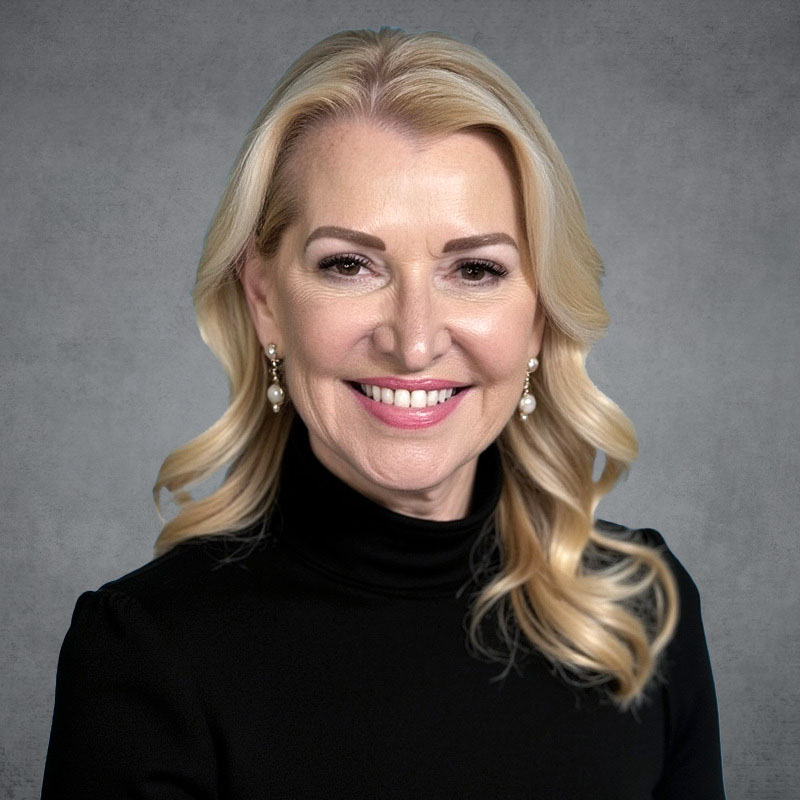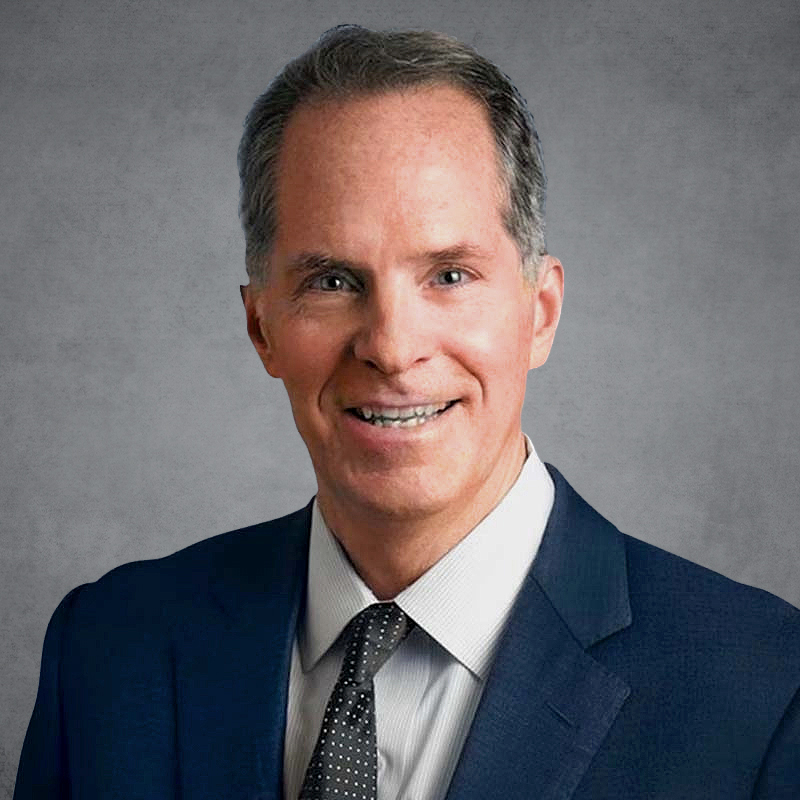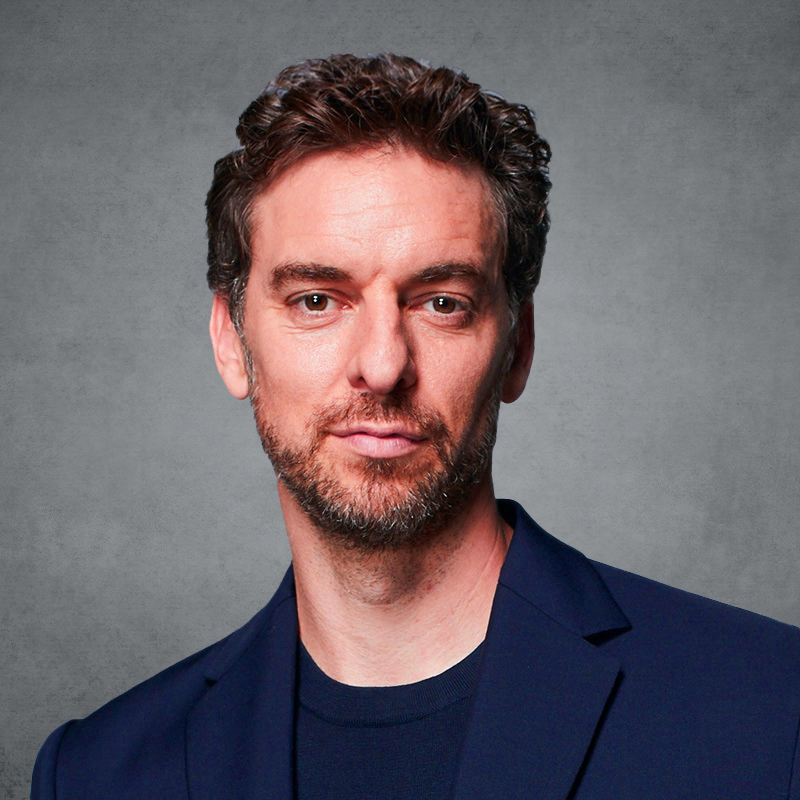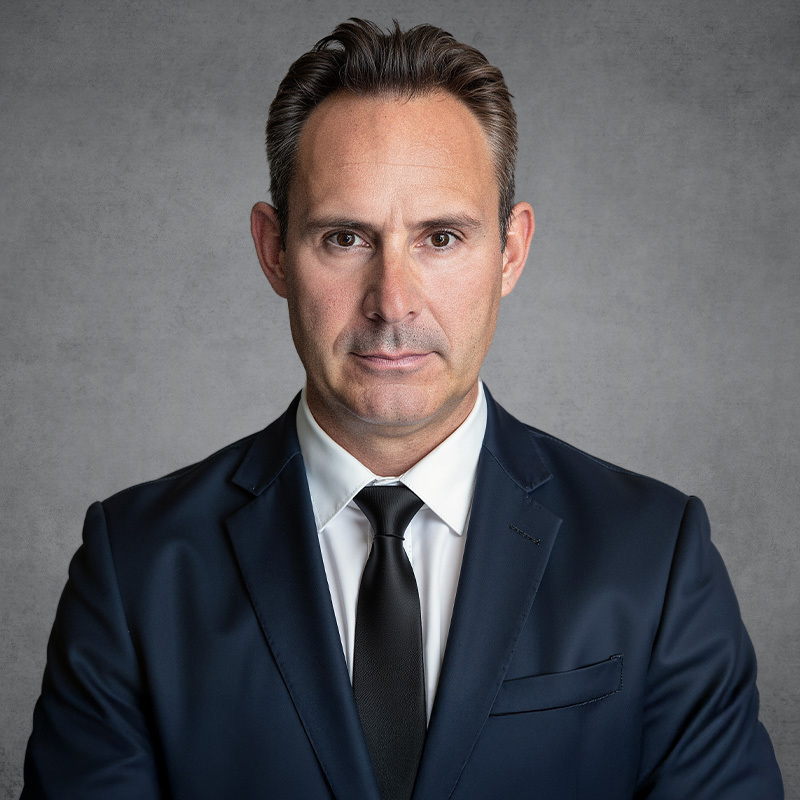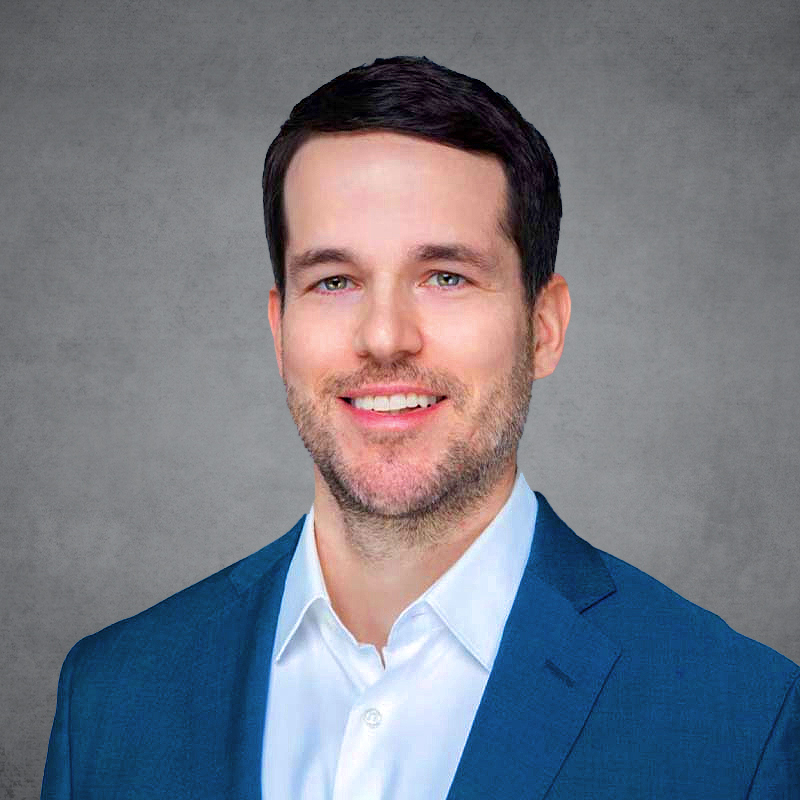Reframing Failure: Adversity Really is the Best Teacher


Executive Perspectives
Whether in business or daily life, things are not always going to go perfectly to plan. Adversity is a natural process and we face it every day from the gridiron to the boardroom.
When things are going well, it’s easy to look like a star. But when it’s hard — you’ve had a bad quarter, your competition is on the rise, the weather or the market has turned against you — the great leaders use that adversity to position themselves to win later on. The poor leaders make excuses.
In a world of interconnected business, everything from geopolitical risk to black swan events like COVID-19 can make leaders feel as though they are facing adversity more than ever before. Leaders don’t have the option of not dealing with these challenges and must face them head-on. But facing these issues often means being put in adverse situations where the result might not be a perfect performance or first-place finish. Instead, it can mean a grind that forces leaders to reevaluate their skill sets and take a long-term approach to achieving hard-fought success. It can mean maximizing your team’s potential in the situation you have rather than coming up with excuses when you could have done better. In other words, it might mean failure and the need to pick yourself and your team up, adjust your approach with a strong game plan, and move forward to reach your goals.
Despite the adage, failure is an option, and the leaders who can embrace failure will be those who thrive in the face of adversity, differentiate their teams and find a competitive advantage in the market.

In other words, it might mean failure and the need to pick yourself and your team up, adjust your approach with a strong game plan, and move forward to reach your goals.
- Joe Moglia | Senior Advisor
A Philosophy of Responsibility
Throughout my personal life and professional career, whether as a football coach, Wall Street CEO or going back to being a football coach, I’ve tried to carry through a leadership philosophy that emphasizes personal responsibility. That approach includes treating others with dignity and respect, accepting consequences for actions, and standing on your own two feet. At Coastal Carolina, we were the only program in the country that had no rules, but one standard, because we expected players to live by these values. In the financial sector, this philosophy means owning mistakes and identifying the way forward to mitigate them.
One of the critical components of this philosophy is not allowing for excuses. That’s because when someone makes an excuse, they are subconsciously letting themselves off the hook. Rather than taking responsibility for a mistake or failure, they’re blaming it on something else. On the football field, everyone misses a pass from time to time, but if the same play is failing repeatedly, you can’t blame the other team; you have to analyze why it’s happening and correct it. In the business world, we’ve all seen executives sugarcoat poor results or blame missed targets on unforeseen market conditions rather than internal failures.
For example, when Coastal Carolina was facing Montana in the FCS playoffs in below-zero conditions, we could have accepted that our team, which had trained in much warmer weather compared to Montana, simply could not handle the weather and that Montana would have an advantage over us. However, we knew the conditions would be harsh going in, so we instituted a training camp for how to perform in the cold. We notched a victory that, to those outside the program, was a surprise. We achieved a win because we knew what was coming and turned adversities into advantages.
This sense of responsibility shows up when teams face adversity because the really good leaders are the ones who are the best under stress and manage the harsh conditions that are all around us. It’s not enough to hope that you will not face challenging times as a leader because there will always be something on the horizon. Leaders must practice skills like resilience, self-analysis and empathy that will help their teams cope with tough times, learn from mistakes and move forward.
Ownership Through Adversity
Adversity is a natural process, but some situations are more acute, violent or shocking than others. The September 11th terrorist attacks were a staggering event that intensely impacted my team. I had just become CEO at Ameritrade when the planes hit the Twin Towers. In the aftermath, the economy slowed drastically, with the S&P 500 falling more than 14% in the week after the attack. Unemployment surged as almost 600,000 people lost their jobs because of the attacks.
The natural thing to do would have been to panic, and many did, but I recognized I couldn’t do anything about what was happening in the world. I needed to control what I could control and focus on what my responsibilities were – supporting my family, supporting my team and going into a surprise emergency mode to manage the business.
During this time, I got Ameritrade back to its core competencies and got out of the things that weren’t going well. In my eight years leading Ameritrade, shareholders enjoyed cumulative returns of more than 500%. Importantly, I was able to steer the company to profit despite the 2008 financial crisis, when many other financial institutions struggled to find their footing. While the uncertain economic times we face now are different in many ways, what hasn’t changed is that leaders will need to maintain focus from their teams in the face of adversity that they have little control over.
Fundamentally, leadership is not about you but the people you are responsible for; when leaders accept responsibility for the well-being of the people around them, they also necessarily set aside their egos and practice servant leadership. There are numerous examples of athletes who put the team before themselves, which makes the whole team perform better. Things should be that way in the business world as well. In times of adversity, leaders need to remember who and what they are responsible for. When things are not going well, leaders need to be at their best to support their goals and their teams.
In these situations, it’s easy to worry about risks, but much harder to take action and do what is right for the business and team. It is important in these uncertain or evolving situations to seek information to make smart decisions, but overanalyzing can lead to analysis paralysis, which can be a death sentence in a competitive industry. The most effective leaders have a clear game plan that accounts for the things they can predict and adjusts for changing circumstances. That helps them to set limits on their analysis, including setting a deadline for making decisions or making note of where they will have the flexibility to adjust their plan moving forward.
Rooting in Critical Skills
Success in business and sports comes from a focus on critical skills – those skills that are required for your team to succeed. They’re also leaders’ greatest strengths, giving them a set of tools that can be applied in changing circumstances. In my own life, I was able to succeed when I joined Merrill Lynch because of the skills I had developed as a football coach.
I was constantly moving and changing jobs as I rose through the coaching ranks and ultimately became defensive coordinator at Dartmouth. After the University of Miami won a national championship in 1983, I got offered my dream job as defensive coordinator for the Hurricanes. It was a big step up from being defensive coordinator at Dartmouth, but I couldn’t take it. I couldn’t move my kids down to Florida with me, and I couldn’t be away from them for so much of the year while they were in school in New Hampshire. Turning down the position at Miami was the toughest career decision I’ve ever made, but it was the right choice. I didn’t think I could do my coaching job well if I couldn’t live up to my responsibilities as a father.
That led me to Wall Street and Merrill Lynch, where I earned a position in one of their training programs. That year, they hired a lot of MBAs – and one football coach. I was an outlier. The institutional side of Wall Street doesn’t fool around; poor production or losses are not tolerated. It’s no different now as Wall Street banks cut employees and slashed bonuses throughout 2023 in the name of efficiency. Falling behind is unacceptable, no matter your level, and I had to quickly adapt to stay up to speed.
Fortunately, my skill set from coaching translated to Wall Street. I did a good job of listening and learning, speaking with everyone I worked with and trying to take something away from every conversation that I could apply to my own work. Eventually, I got moved into executive management, leading a global institutional sales business under Merrill Lynch. While in this role, I made a bad bet – to the tune of losing $16 million in one day (previously, the biggest loss in municipals at Merrill Lynch was $100,000). The next day, I sat with the president of Merrill Lynch and explained what we did, why we did it and how we would handle it. The short-term result was continued losses but, over the next two years, we became the most profitable unit in the company. That’s because we implemented a process of analysis of the failed bet that yielded a better way of making those trades that ultimately became the standard for the firm. This situation could have gone very poorly and the teams I was leading could have fallen apart, but we stayed together.
When leaders consider how to face adversity, it also helps to go back to who they are as leaders and the skill sets that got them there. For example, when I moved to Ameritrade, I didn’t know much about technology, but I did know how to lead and run a business. By relying on my strengths while developing new skills, I achieved success even in ambiguous environments.
My skill set includes knowing who I am and pursuing opportunities that play to my strengths. I choose my team carefully and know I can rely on them. I’m thoughtful, objective and passionate. I make decisions with intellect rather than emotions. These are strengths I’ve brought to different areas. However, it’s not enough to simply have these skills. Leaders must take time to reflect and constantly evaluate what they are good at, where they can be better and what they hope to achieve.
Building a Culture of Growth
Of course, it’s impossible to have every skill you might need when facing adversity, which is why it’s important to surround yourself with people with complementary strengths and recognize where you can – and need to – learn. Similarly, the principles necessary to run a business are different than the technical skills needed to rise through the business. Since it’s impossible to know everything about every subject, whether in finance or football, leaders need to be able to trust those around them who do understand the intricacies of their departments and listen to them with an open mind.
One of the most crucial skills I’ve been able to bring to different roles is the perspective of embracing failure, especially since anxiety over failure can keep teams from performing at their best. A “failure is not an option” mindset can lead to risk-averse behavior or encourage employees to conceal problems. Business history is replete with leadership shortfalls where “meeting the numbers” covered up problems that ultimately had major negative impacts on the business. However, embracing failure means employees can raise problems, analyze why they occurred and improve performance going forward.
Not every strategy or product is destined for success, and some are objectively money-losing endeavors. That dynamic means business leaders will need to determine the triggers to stay the course or pivot to a new strategy entirely. When something goes wrong, leaders can’t panic. We all recognize that if we are pushing the envelope, we’re bound to make mistakes, and making errors when testing new ideas or even when taking action in uncertain situations is an acceptable risk of doing business. However, we need to understand why it’s not working and fix the mistakes moving forward. If you see the problem and it is one that you can fix, you have to keep iterating and improving – and stick to your strategy.
One of the most serious errors an executive can make is rooting for a strategy to work and being blind in the face of negative results. Hope is not a strategy and leaders must take ownership to reach their goals. Sometimes when you take an aggressive bet, you’ll see that the results of your actions were the opposite of what you expected, in a very negative way. At those points, you need to cut your losses.
Keeping Your Eyes on the Prize
Leaders must avoid taking a short-term approach and stay the course for long-term success. From a 24-hour news cycle to social media that never quits (and often proliferates misinformation), leaders are constantly under a microscope. They need to communicate their goals to the board and other stakeholders so inevitable short-term challenges don’t distract from the broader initiatives.
In adverse situations – from inheriting losing football programs to gaining leadership roles in tanking companies – leaders have to understand the context they are operating in and be realistic about what is possible in the near- and long-term. This is why it’s so important to focus on ensuring you – and your team – are reaching their full potential. As a new coach, that could simply mean winning half your games in the first season. If you know that mark is the very best the team could possibly do, that everyone strove to maximize their potential, then that result is a success you can build on.
Leaders love presenting the hockey stick curve of exponential growth in a short time. In some situations, it’s naïve to say we’ll get things turned around in a year. While boards might accept that a turnaround will take time, you have to present a plan that demonstrates how you’ll do it, how long it will take and the milestones along the way. This example is one where communication with the board and other stakeholders is important: Leaders need to be evaluated in a way that leads to success for both them and the company. That means a nod toward quarterly results with greater incentives for long-term achievements.
Leaders must have an actual strategy for these long-term goals, but many get caught in a “we’ll be successful one day” mindset without presenting a tangible plan for getting there. That makes it easier for boards, shareholders and other stakeholders to question short-term losses. However, when leaders can align to a longer-term vision – I have always liked to operate on a rolling, two-year horizon – it’s easy to look at where you stand quarter-to-quarter on a long-term plan for success.
When I left finance for the head coaching role at Coastal Carolina, I knew I was entering a difficult situation. Despite being well-liked in the community, the previous coach had been relieved of his duties after several lackluster seasons. When I moved to South Carolina, few believed that my successes on Wall Street and at TD Ameritrade would translate. The community did not like me and I inherited a team full of players who were getting into trouble.
It was a challenging set of circumstances. Stress was high at every turn. Fortunately, the president of the university had my back, but he had a lot at stake himself by supporting me. Coastal Carolina got off to a 2-4 start that first season. Progress was slow, but it was progress. It wasn’t easy to inculcate the values of dignity and respect, accepting consequences for actions, and standing on your own two feet, but we started along the path and finished the 2012 season with an 8-5 record, with the final loss coming in the second round of the FCS Playoffs. The next season, we improved to 12-3. We could have made excuses and given up, but I brought the team back to that idea of taking responsibility. Stress will always come with adversity, but we cannot make excuses. Leaders must understand the challenges, focus on what they can control and create a plan to move forward.
When leaders face adversity, they need to have the courage to do what they believe is right, as well as demonstrate love and a commitment to the well-being of others. That’s because leaders who can handle challenging situations under stress and pressure (in every part of life) are those who will have success.
- 1
Resilience: Build skills to endure hardship. Mayo Clinic. (2023 Dec. 23). Retrieved from https://www.mayoclinic.org/tests-procedures/resilience-training/in-depth/resilience/art-20046311
- 2
Davis, M. How September 11 Affected the U.S. Stock Market. Investopedia. (2023 Sept. 11). Retrieved from https://www.investopedia.com/financial-edge/0911/how-september-11-affected-the-u.s.-stock-market.aspx
- 3
Roberts, B. The Macroeconomic Impacts of the 9/11 Attack: Evidence from Real-Time Forecasting. Department of Homeland Security. (2009 Aug.). Retrieved from https://www.dhs.gov/sites/default/files/publications/Macroeconomic%20impact%209_11%202009.pdf
- 4
Johnson, P. Avoiding Decision Paralysis in the Face of Uncertainty. Harvard Business Review. (2015 March 11). Retrieved from https://hbr.org/2015/03/avoiding-decision-paralysis-in-the-face-of-uncertainty
- 5
How far will Wall Street job losses go? The Economist. (2023 July 6). Retrieved from https://www.economist.com/finance-and-economics/2023/07/06/how-far-will-wall-street-job-losses-go
- 6
Russell, J.E.A. New Leaders Surround Yourself With Those Who Bring Unique Views. Forbes. (2023 Nov. 11). Retrieved from https://www.forbes.com/sites/joyceearussell/2023/11/11/new-leaders-surround-yourself-with-those-who-bring-unique-views/?sh=4746c84728ef
- 7
Edmondson, A.C. Strategies for Learning from Failure. Harvard Business Review. (2011 April). Retrieved from https://hbr.org/2011/04/strategies-for-learning-from-failure
The views and opinions expressed herein are solely those of the individual authors and do not necessarily represent those of The Consello Group. Consello is not responsible for and has not verified for accuracy any of the information contained herein. Any discussion of general market activity, industry or sector trends, or other broad-based economic, market, political or regulatory conditions should not be construed as research or advice and should not be relied upon. In addition, nothing in these materials constitutes a guarantee, projection or prediction of future events or results.




